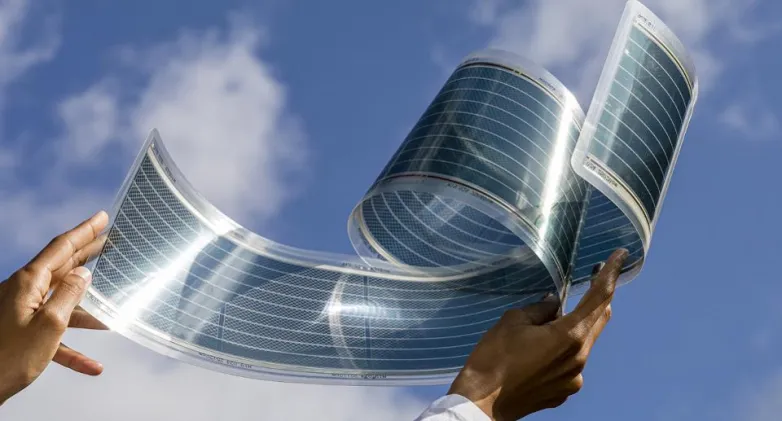Thin-Film Solar Car Cover Can Recharge Your Electric Car While It's Parked
- A French firm has actually established a thin-film solar cell that uses semi conductor compounds based upon organic polymers published on flexible films. The functional outcome of this is that it can be installed on curved surfaces, something traditional photovoltaic panels can not do.

Consequently, they have produced a retractable vehicle cover including ultra-thin photovoltaic cells that can be unrolled and curtailed thousands of times with no damage or loss in efficiency that can be made use of to partially reenergize an automobile's battery. According to Nantes-based Armor, the brand-new solar cell innovation, called ASCA, considers just around 450 grams per square meter, concerning six times that of a similar sized piece of paper.
"We worked with two various other French companies-- ACPV, which was the enroller of the job and also Gazelle Tech, which is a startup that established an electric vehicle constructed out composite-- to establish a solar car cover to generate energy when the vehicle is parked," Moïra Asses, advertising as well as company development supervisor at Armor, informed Forbes.
The very first model was introduced at the Mondial Paris Motor Show in April of this year. The thin-film photovoltaic panels cover an area of 4 square meters and also the cover itself is incorporated right into the body of the auto, so at the flick of a button it can be rolled out, pulled back and safely saved.
The cells provide supplementary power to the car's battery and also boost its array up to 15 kilometers (9.3 miles) a day based on the vehicle being exposed to the sun for eight hours. The firm has set a target of gaining 30 miles of variety (48 km) daily within 3 years.
"The objective was to boost the battery life and consequently enhance the distance the auto could take a trip using solar energy. For the initial model, we plan to include 8,000 kilometers to the cars and truck during one year and we anticipate to get to a 11,000 kilometers by 2023," Asses claimed.
In the UK, electrical lorries are now typically ₤ 107 cheaper a year to possess than gasoline autos, an evaluation of life time running prices just recently disclosed, based upon acquisition price as well as possession costs over 14 years. As well as a 2018 study from the University of Michigan's Transportation Research Institute found that electrical cars set you back less than half as much to operate as gas-powered automobiles.
Shield is presently working in connection with three international vehicle makers to create the project. The suggestion has always been about integrating the cover with the lorry, considering that this removes prospective issues with compatibility, various links and also even burglary.
"The suggestion was to have something automated, so it's very easy as you shut your auto with your trick, you can push simply a button as well as deploy this security and avoid needing to do it by hand every time you park," Asses stated.
Suitable solar panels to an electric automobile is not a new idea, however Armor states it is the initial to fit them to a cover for a cars and truck instead of to the auto itself. However, its ASCA thin-film products can be integrated directly into the body of a vehicle also.
In areas that get a great deal of sun, from California to Qatar, this might considerably benefit the electric automobile market, specifically if the cover was developed to help keep the vehicle cool as added perk.
Asses thinks the principle could be available as an extra attribute to electric lorries in the future, however as the performance of solar modern technology constantly enhances, photovoltaic panel varieties that might simply be turned out may be able to power water pumps, offer electrical power to encampments and even be used on satellites or area craft.
Also read


